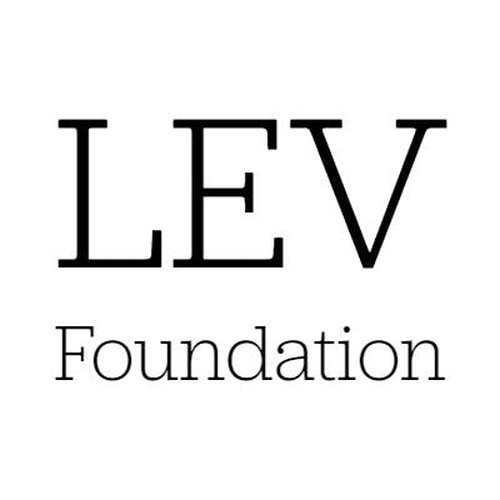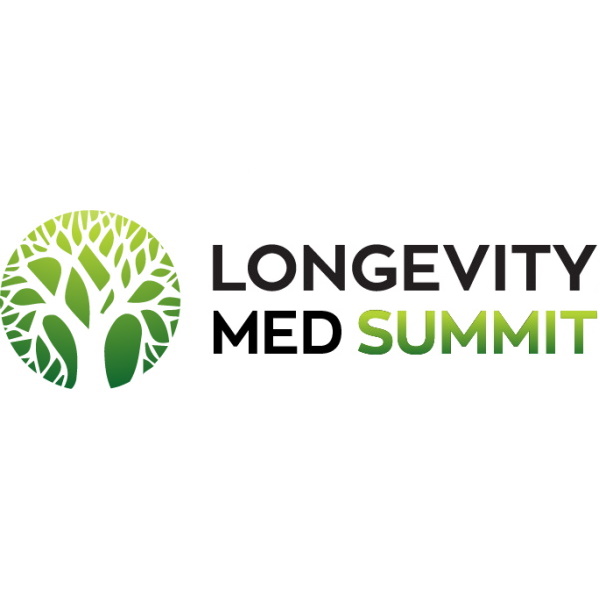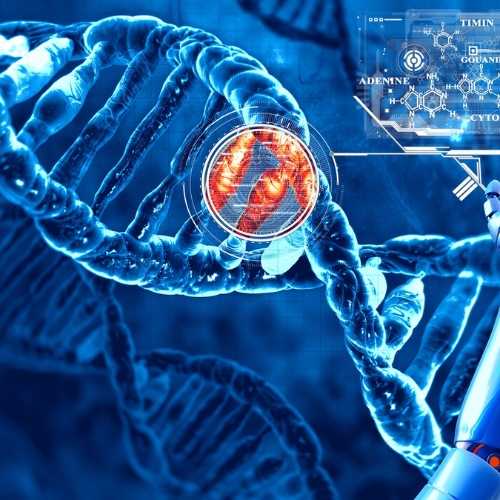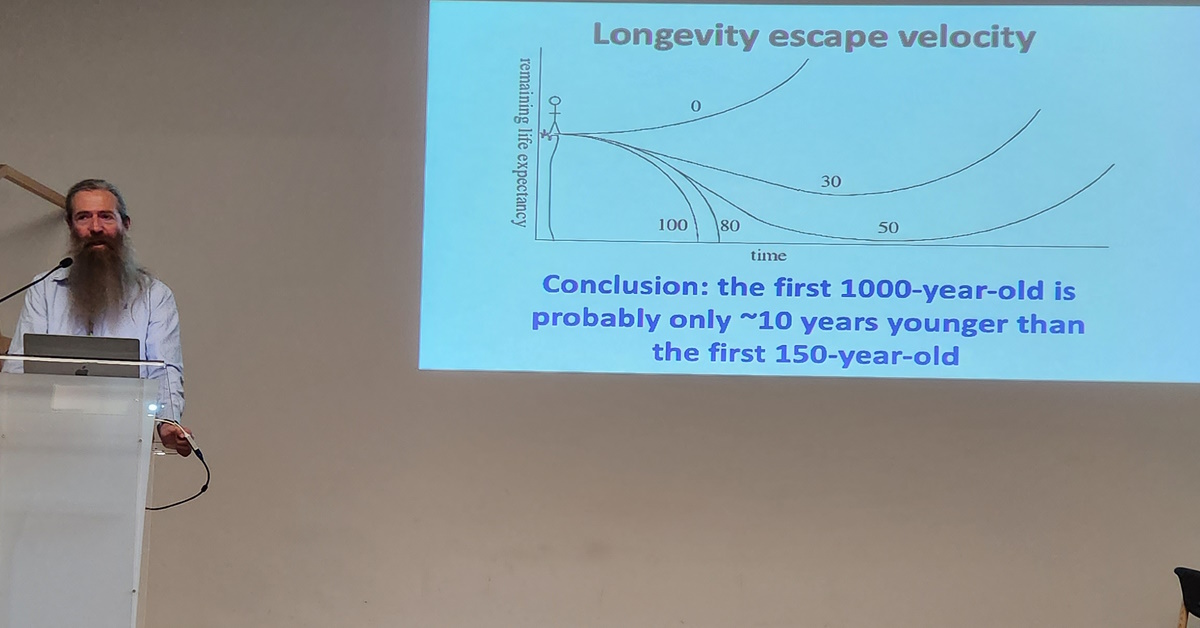Aubrey de Grey discussed the work of the LEV Foundation, a new organisation that aims to understand, address, and prevent the process of ageing. He defines ageing as damage caused by metabolism, which leads to the pathologies of physical and mental decline in late life.
Historically, two approaches to dealing with ageing have been attempted: the geriatrics approach, which tries to treat the pathologies caused by damage, and the gerontology approach, which aims to slow down damage creation. Both have proven ineffective due to the ongoing accumulation of damage and the intrinsic link between metabolism and damage.
Aubrey explained a third method, which he has been promoting for the last 20 years: the preventative maintenance approach. This method allows metabolism to generate damage at normal rates, but aims to repair and eliminate this damage to keep its total level below a harmful threshold.
He outlined seven major categories of ageing damage (SENS), along with corresponding ways to repair or eliminate that damage.
The LEV Foundation is conducting a costly experiment involving combinations of four interventions on middle-aged mice. These interventions include the drug rapamycin, injecting stem cells from the blood of young mice, using gene therapy to increase the expression of telomerase, and a senolytic drug that kills senescent cells. The goal of the experiment, known as Robust Mouse Rejuvenation, is to double the remaining one year lifespan of these middle-aged mice to two years.
He also mentioned the foundation's other initiatives such as running conferences, lobbying Congress, and funding research into cryonics.








